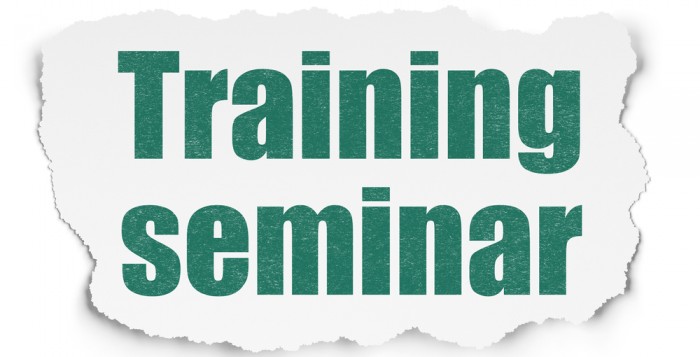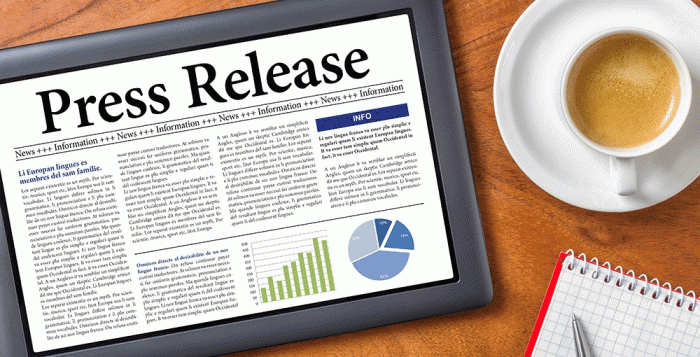RCPA Urges State to Dedicate $750 Million in Federal Aid for One-Time Payment to Health and Human Service Providers
*View Press Release and Resources Below*
Funding would offset decades of chronic underfunding, added challenges of delivering services during pandemic
HARRISBURG, March 22, 2021 — The Rehabilitation and Community Providers Association (RCPA) wants the commonwealth to give health and human service providers a one-time cash infusion of at least $750 million using federal aid, plus additional federal matching funds, to mitigate decades of chronic underfunding and address additional challenges that have arisen during the pandemic.
“To put it plainly, the safety net for our health and human services system is nearly disintegrated,” said RCPA President and CEO Richard S. Edley, PhD. “Our providers have faced chronic underfunding for some 20 years, and that financial pressure is now coupled with increased costs to provide critical services during the pandemic, associated staffing shortages, and increased service demand.
“The time to get dollars to the health and human services system is now,” he said.
Pennsylvania will receive $13.5 billion in stimulus money from the American Rescue Plan (ARP) to support state and county programs. The ARP also contains $12.667 billion in Home and Community-Based Services (HCBS) dollars, with a 10 percent increase in the HCBS Federal Medical Assistance Percentage (FMAP).
The state should provide $750 million through ARP to support health and human service providers that deliver adult/children’s mental health, drug and alcohol, intellectual and developmental disabilities, brain injury, medical rehabilitation, juvenile justice, physical disabilities and aging services. Additionally, the full applicable increase in FMAP should be directed to providers and represents several hundred million additional available dollars.
RCPA is postponing its request for an annual rate increase to the health and human service line items in the state’s 2021-22 General Fund budget in return for the direct one-time cash infusion to help providers cover costs incurred because of COVID-19, recruit and train workers to address a critical staff shortage, offer wage increases/bonuses and benefits to employees, make or backfill costs to program infrastructure changes, and address other challenges.
Behavioral health has faced a pattern of chronic underfunding for more than 20 years, including a full 10 percent cut in the state’s 2012-13 budget that has never been fully restored. Lack of funding has destabilized the safety net mental health system, leading to a reduction of mental health hospital beds, reductions to community housing and residential programs, closure of outpatient programs, and more.
New rate-setting and policy changes advanced by the Pennsylvania Department of Human Services (DHS) are putting at risk services that the intellectual and developmental disability community relies on daily for support and assistance. Some programs are facing the possibility of shutting down or changing eligibility requirements to accept only individuals who require less intensive services.
RCPA members who provide drug and alcohol, brain injury, medical rehabilitation, juvenile justice, physical disabilities and aging services have also experienced chronic underfunding and increased regulatory oversight and administrative expense, and major changes to the way treatment is provided in the commonwealth is particularly affecting service delivery.
On top of all this chronic underfunding, health and human service providers are now faced with providing services to vulnerable individuals during a pandemic. Providers are now required to provide personal protection equipment (PPEs) to employees, increased sanitation efforts, facility modifications to ensure safe distancing, equipment and technology for telehealth services, and testing of patients for COVID-19. The need for mental health services is on the rise because of the pandemic. Additionally, providers are fighting to maintain adequate staffing levels.
“The human services workforce crisis existed pre-pandemic; it has now reached new, almost insurmountable, hurdles,” Edley said. “We have to do all we can to ensure these programs finally get the funding they need to meet these rising challenges before the crises become unmanageable.”
About the Rehabilitation and Community Providers Association (RCPA):
With well over 350 members, the majority of who serve over 1 million Pennsylvanians annually, Rehabilitation and Community Providers Association (RCPA) is among the largest and most diverse state health and human services trade associations in the nation. RCPA provider members offer mental health, drug and alcohol, intellectual and developmental disabilities, children’s, brain injury, medical rehabilitation, and physical disabilities and aging services, through all settings and levels of care. Visit www.paproviders.org for more information.
MEDIA CONTACT:
Sharon Militello
P: 717-364-3280
# # #

















